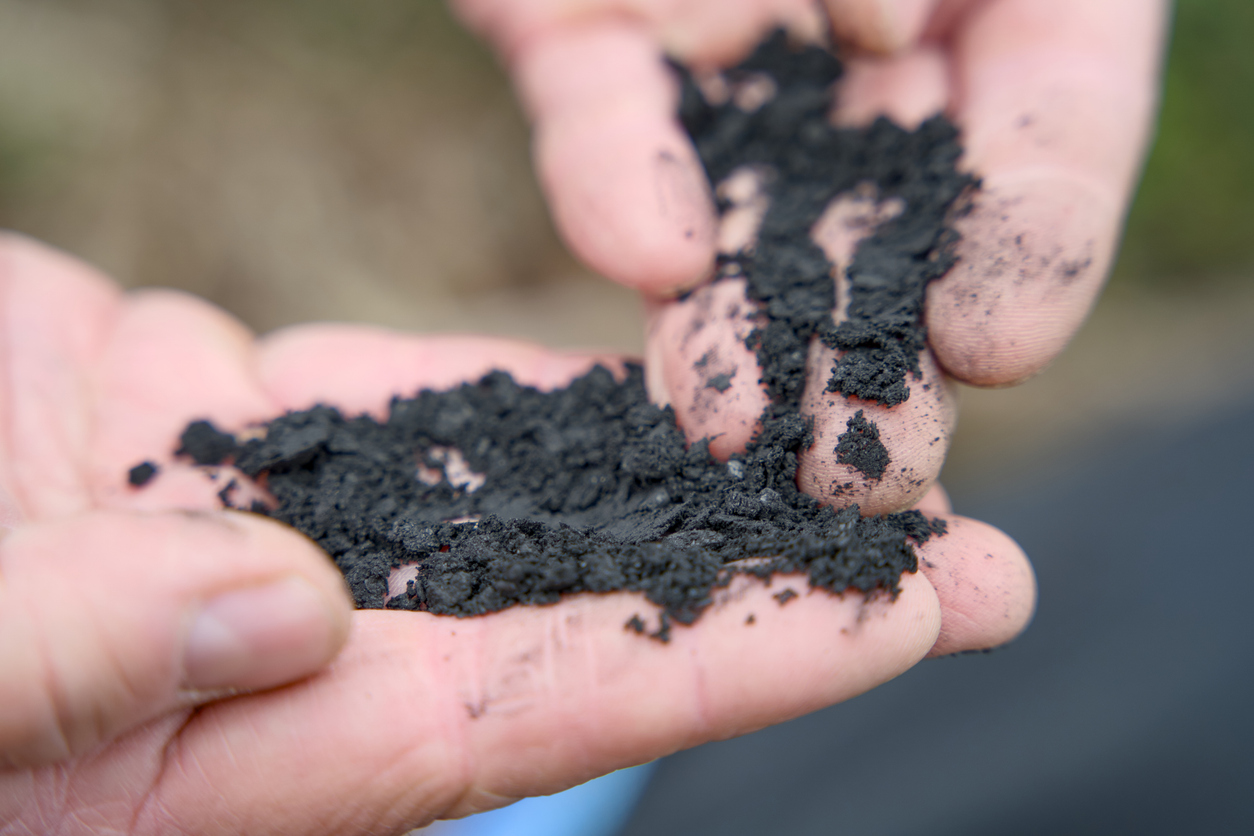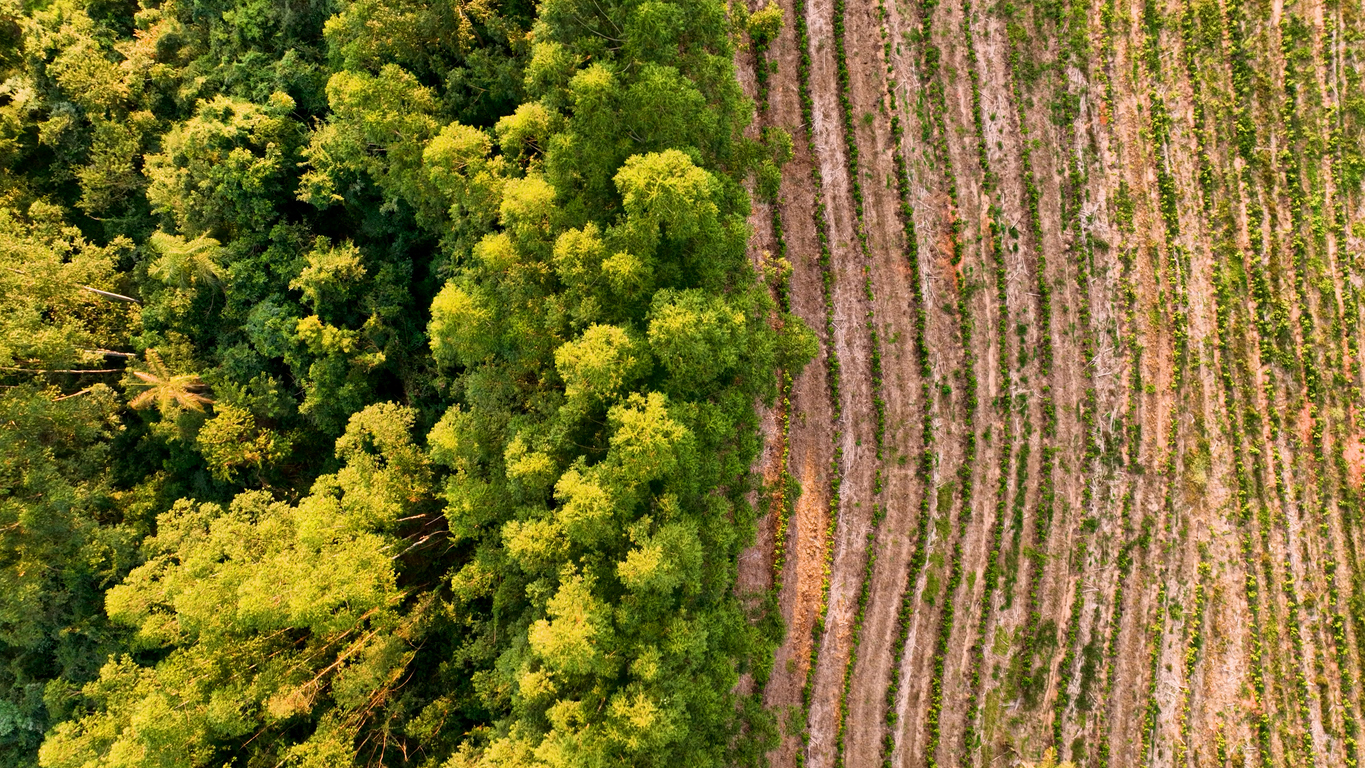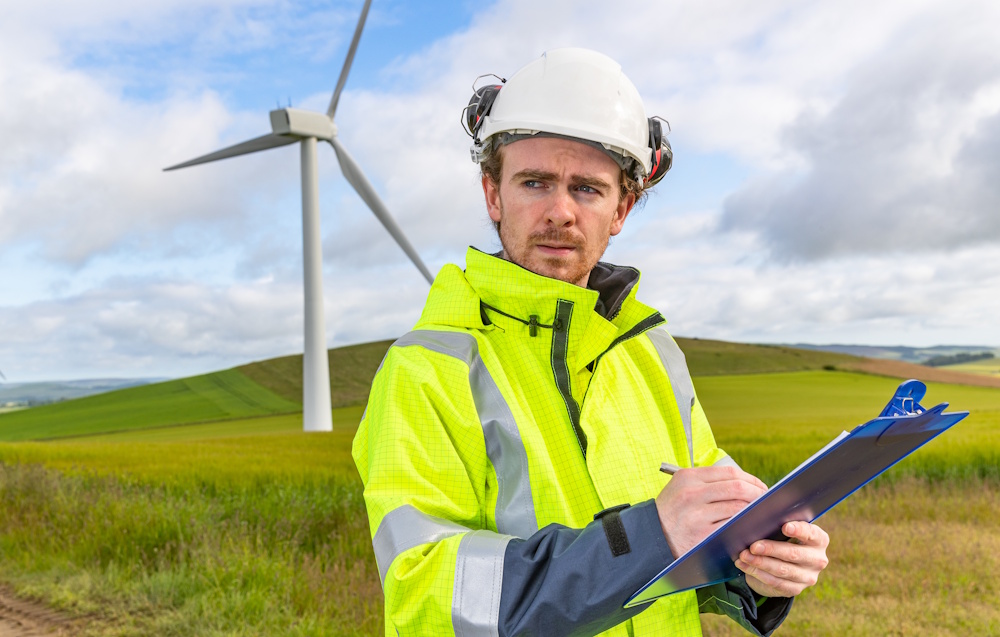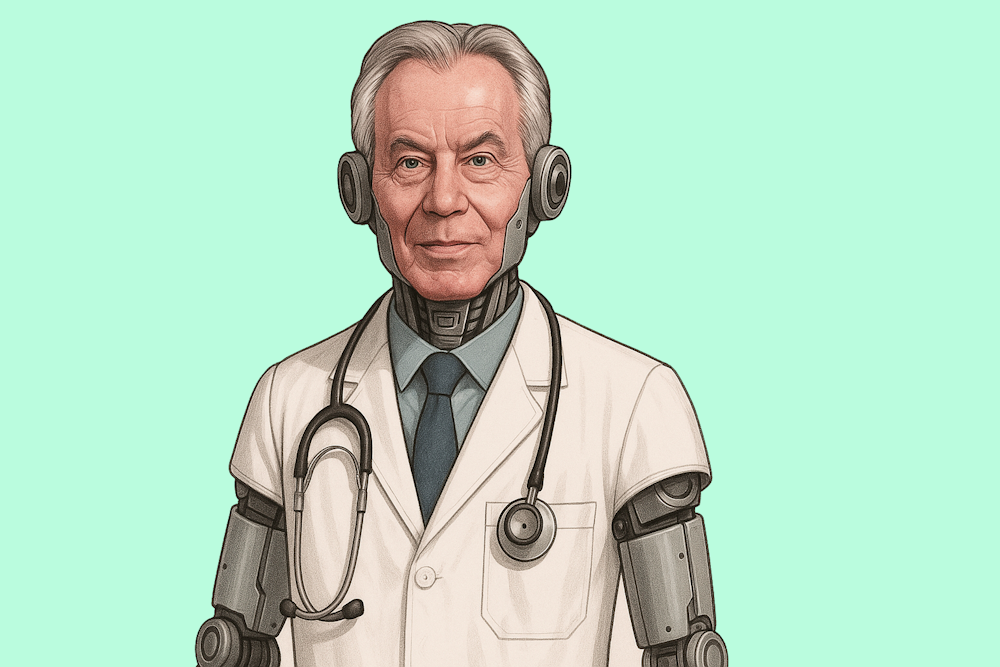Article
Podcast: Can Geoengineering avert climate catastrophe?
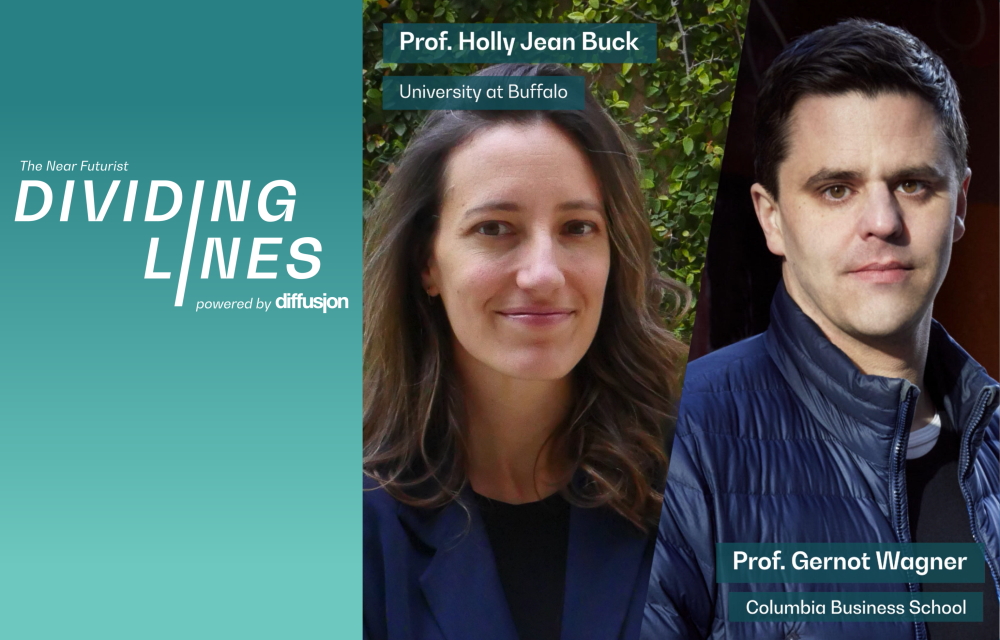

Our latest Dividing Lines podcast in partnership with The Near Futurist explores whether Geoengineering where technology is used to intervene on a large scale in the Earth’s natural systems, really has the potential to combat climate change. Take a listen here and we’ve included some of the highlights from the debate below.
Geoengineering the climate: Just a tech fantasy?
The issues many ecologists have identified for the Earth are simple. It’s overpopulated and over-engineered; nature has taken a back seat for too long and current generations are paying the price. This is not going to improve. The difficulty is that (and I’ve checked all the retailers) if the planet is no longer fit for purpose, we can’t just go and order a new one. Even if we could, they’d mess up the delivery.
One possible answer is geoengineering and in this edition of Dividing Lines Guy Clapperton speaks to two experts, economist Prof. Gernot Wagner, author and visiting professor at Columbia Business School and Prof. Holly Jean Buck, assistant professor of environment and Sustainability at the University at Buffalo in Buffalo, New York. Fortunately neither wanted to try to turn the clock back.
The thing is, there’s an idyllic view of the countryside and nature. People travel through rural areas in, for example, the UK and they see herds of sheep and cattle, they see criss-crossed fields and they forget that literally none of this is natural. The livestock is engineered and placed deliberately for food supply and fields are designed for our convenience and crops, not to serve biodiversity and nature.
Some people refer to ‘rewilding’ and this has its place in terms of preserving species. However, returning the entire planet to its natural state is neither practical nor desirable; its natural state didn’t involve the size of the population we have now or its concentration into certain areas. Food distribution would be impossible, for one thing.
Geoengineering is different. It can involve a number of techniques and divides into a number of categories as Wagner explains in this episode. Some of these include cloud-seeding to generate greater rainfall – a technique that is already being used in the UAE incorporating drones zapping clouds with electrical charge to trigger downpours in the dessert. Bill Gates is actively exploring geo-engineering techniques that could help reduce the amount of solar radiation that reaches the earth’s surface by using light-reflecting particles in the upper atmosphere.
Wagner finds it peculiar that some people are actually querying whether these techniques ought to be explored; his answer as a scientist and as an economist is that by all means they should as the knowledge could be vital to us. Buck, meanwhile comes from the point of view that geoengineering has already done harm and needs to be kept in check while alternatives such as solar energy are investigated.
Neither claims to have the complete answer and both come from completely different places. Different examples of technology from different geographies come under discussion; yes, converting deserts into habitable areas has worked in places like the Middle East, Dubai being a shining example, but that doesn’t mean it will work everywhere without massive solar energy investment (and similar conditions) – and Buck puts forward the idea that even Las Vegas, one of the world’s leading artificial communities built in the Mojabe Desert, will prove short lived if it doesn’t address its impending water shortages.
Many environmental groups argue that we shouldn’t put any faith in future technology rescuing us from climate catastrophe, especially if such a belief lulls into a false state of optimism and slows the pace of more sustainable behaviour.
That may be too pessimistic a viewpoint. Geoengineering of some sort will likely play part of the solution to render the Earth a fitter place for all life. With the stakes so high, can we afford to ignore solutions that could avert a climate catastrophe on purely ideological grounds?
To find out more listen to this episode of Dividing Lines now. Or call an online retailer and see if they can deliver a new environment – if we’re out, just leave it behind the trash cans.


